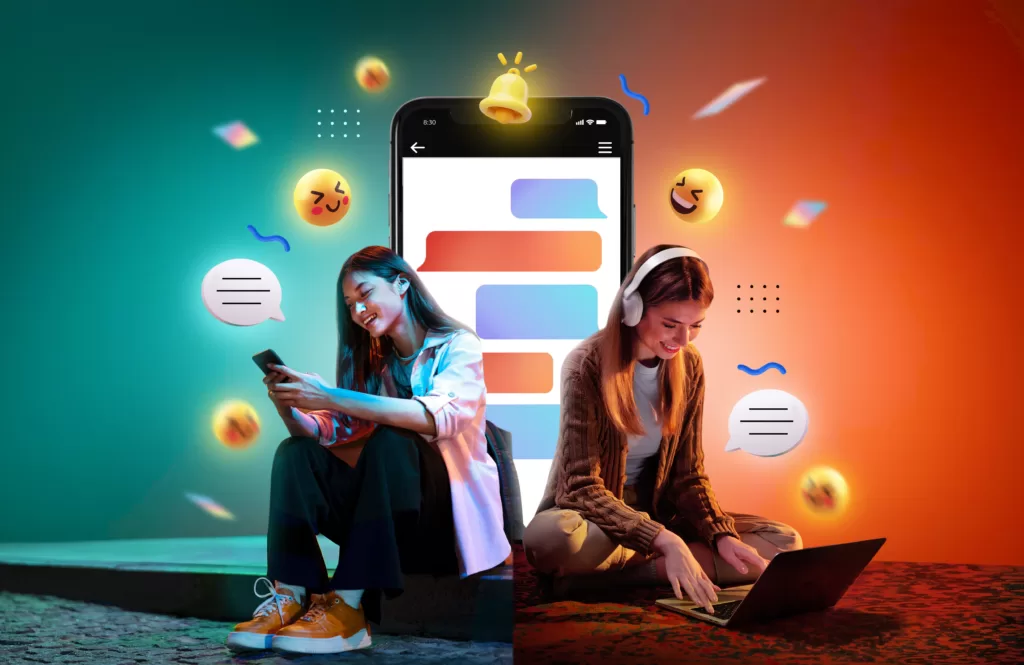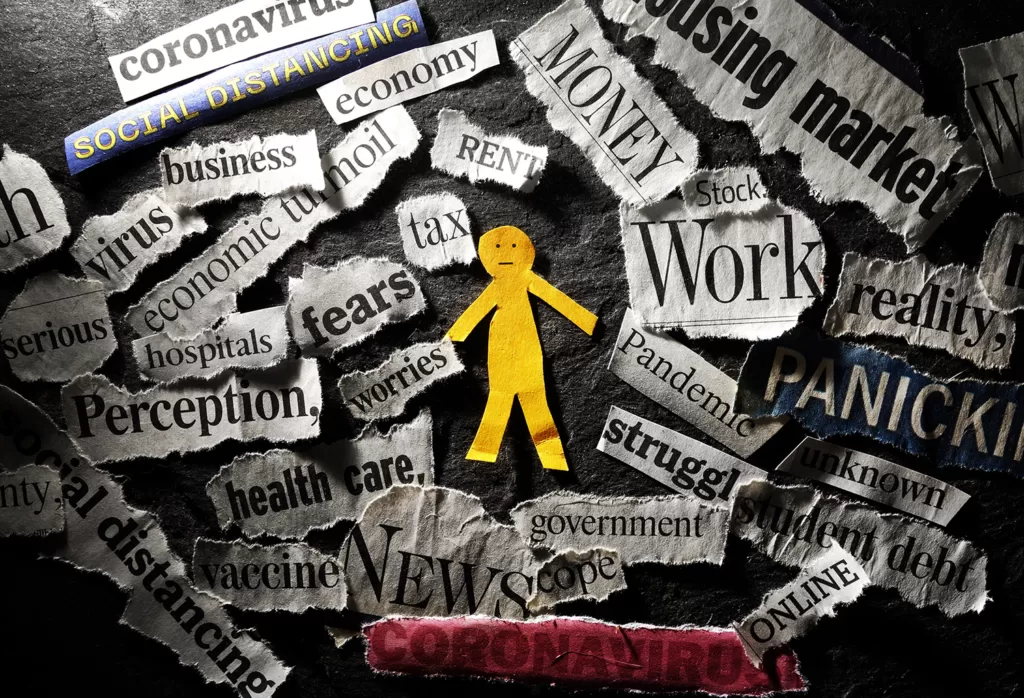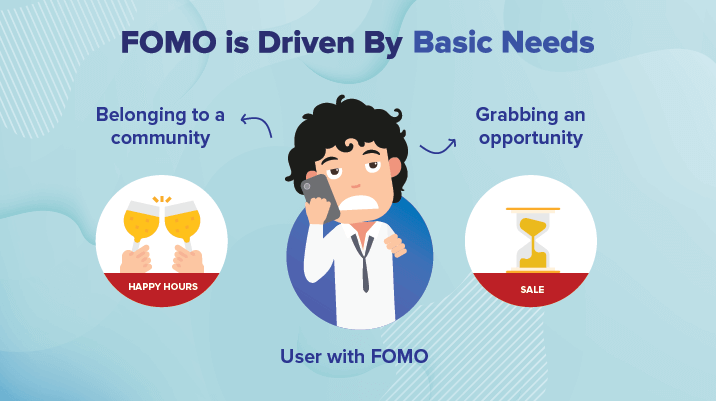
As the year-end season invites moments of reflection, it’s an opportune time to ponder our connection to digital content. Many individuals are increasingly tethered to their screens, navigating a constant stream of notifications, alerts, and information.
Humans & The Digital World

Image via Freepik
Certainly, there’s nothing sinister about being on the internet; humans naturally crave social interaction, and the digital realm simply serves as another avenue for connection. Nevertheless, this situation raises a broader query: how does this continuous connectivity, particularly when coupled with a surge in detrimental content, impact our overall well-being?
A recent survey, released earlier this year, revealed that the typical Malaysian spends an average of 8 hours online daily, with a significant portion dedicating nearly 3 hours daily to social media alone.
Endless Scrolling

Image via Freepik
Studies indicate that prolonged screen exposure may elevate stress and anxiety levels and potentially lead to physical ailments. The crucial term in this context is “excessive”.
As explained by Psychiatrist, Dr. Ravivarma Rao Panirselvam:
Harmful social media use is when the user’s day-to-day function is affected, such as at their jobs and other roles in society.
Dr. Ravivarma Rao Panirselvam, Psychiatrist
He also added that the rapid pace and widespread nature of social media interactions may foster a desire for immediate satisfaction, contributing to the potential development of addictive tendencies.
These contemporary issues are widespread to the extent that there are new phrases to characterize them.
“Doomscrolling”

Image via Wiglaf Journal
“Doomscrolling” is the continuous act of scrolling through social media or online platforms, compulsively consuming streams of negative news. Although there may be a sense of obligation to stay informed about current events, research indicates that passively absorbing such extensive amounts of information at once can at times be counterproductive and potentially detrimental to our mental well-being.
“Fear Of Missing Out (FOMO)”

Image via Clever Tap
Unhealthy patterns of digital consumption can magnify typical human emotions and insecurities. Take the “fear of missing out” (FOMO), characterized by the belief that one is missing enjoyable experiences, vital information, and opportunities to build social connections. Although not a novel phenomenon, the surge in social media usage has provided abundant opportunities for us to compare our everyday lives to the curated highlight reels of others.
Dr. Ravivarma Rao said:
Sometimes we as users are not cognizant that content that is posted online is heavily curated and serves a purpose which may be far off from reality,
He further added:
There is published evidence of social media affecting users’ self-esteem; we tend to compare ourselves to those who are more ‘socially upward’, making us feel bad about ourselves.
Dr. Ravivarma Rao Panirselvam, Psychiatrist
Browsing the internet is fine, as long as it’s not done “excessively”. Set limits on your time and usage on the internet, and you’ll be all set!










